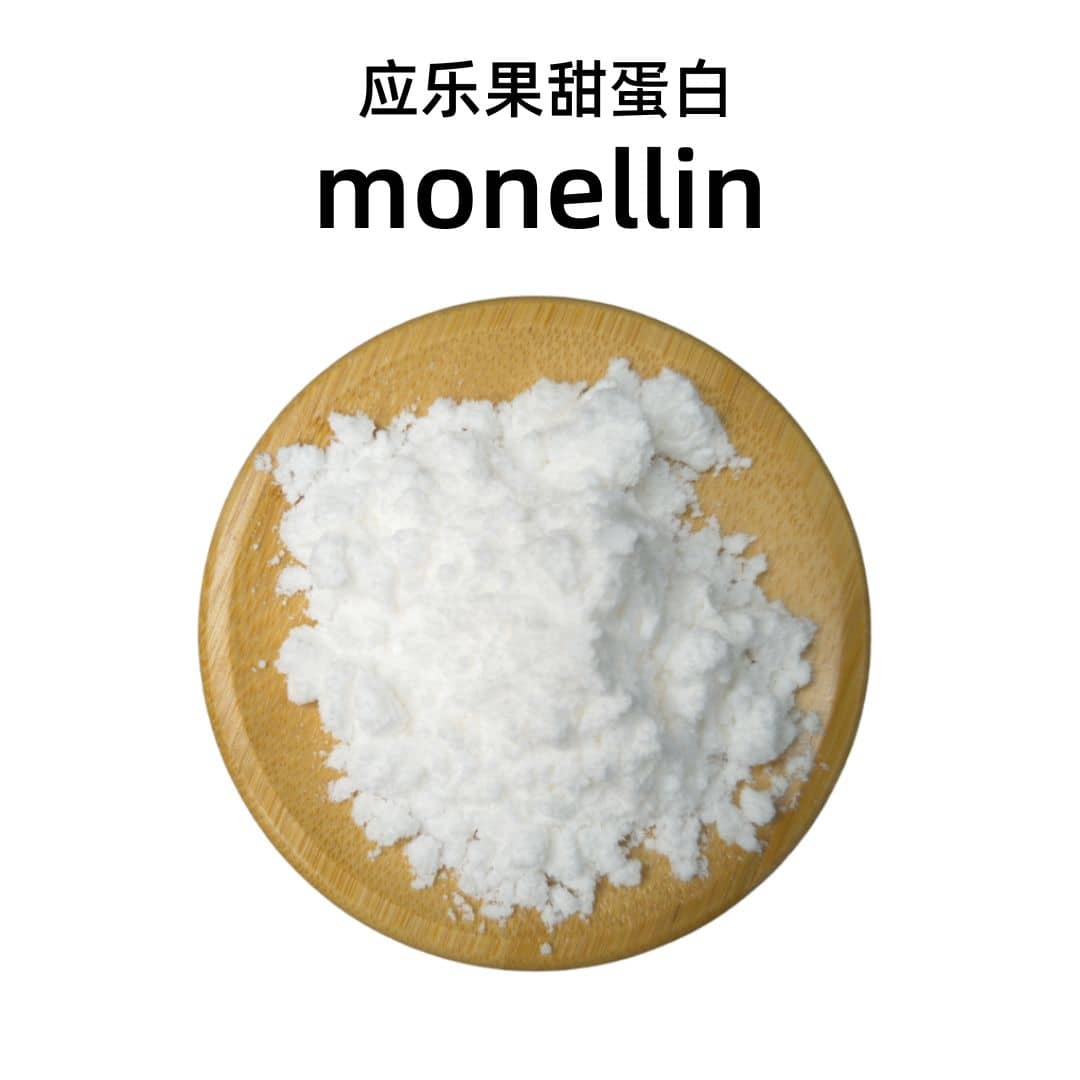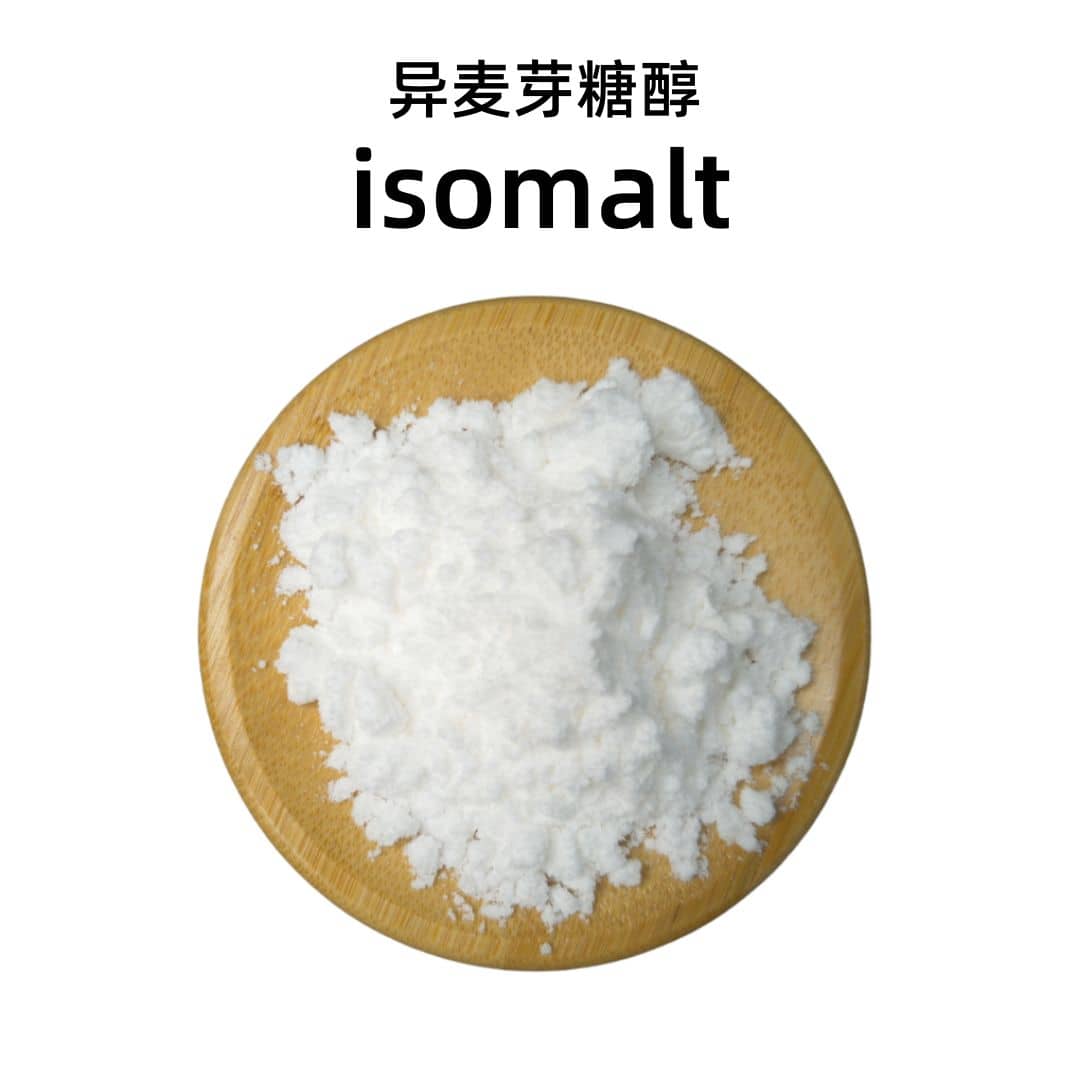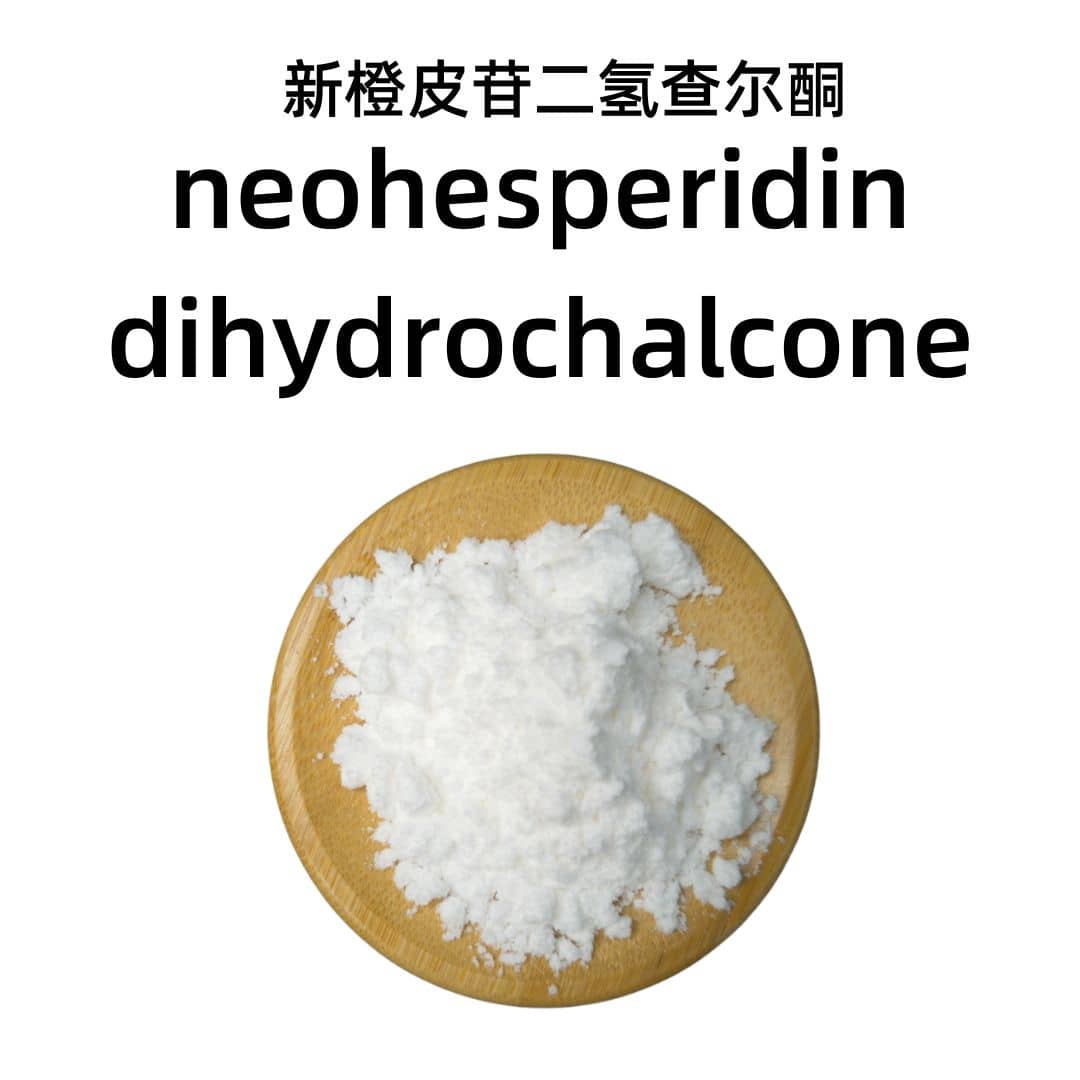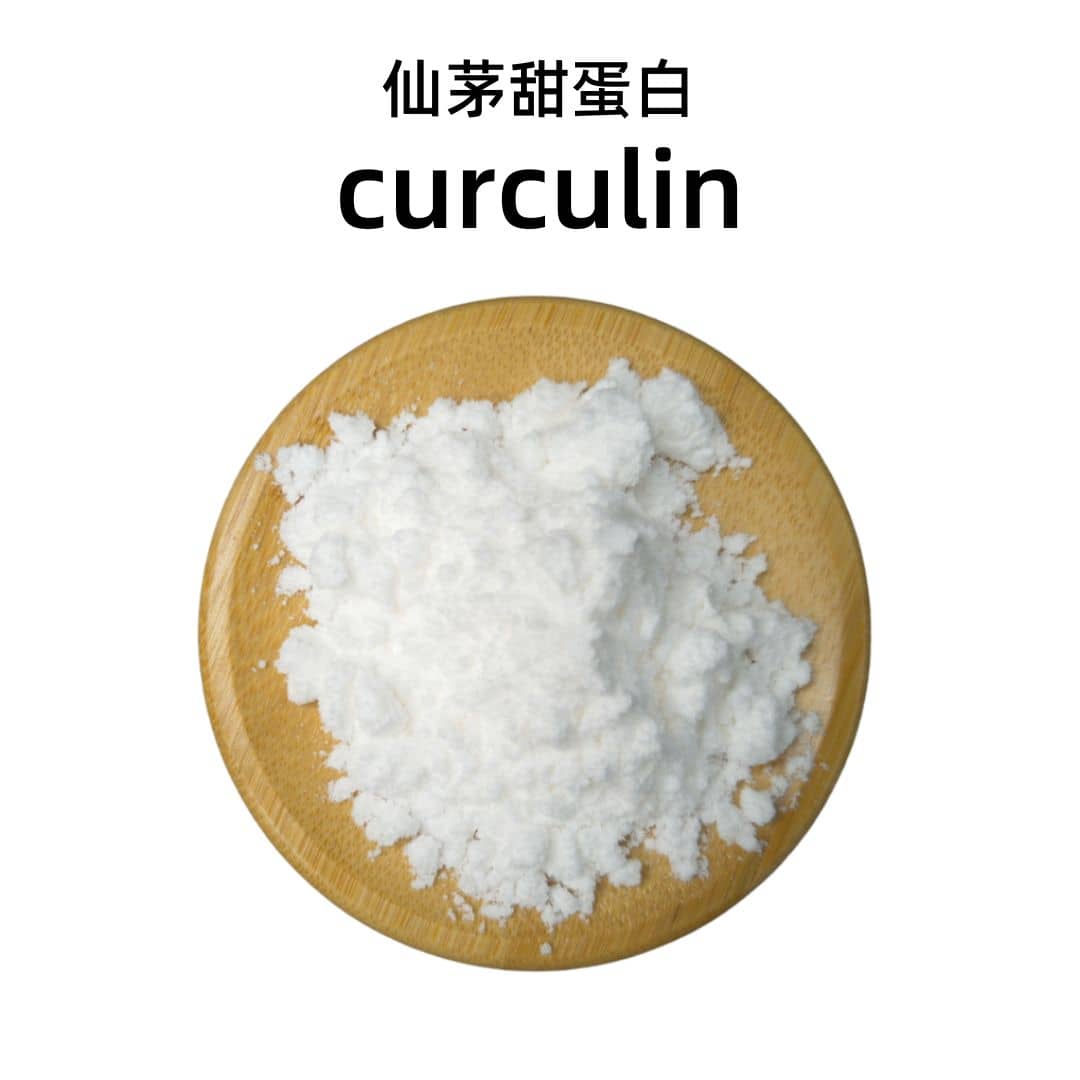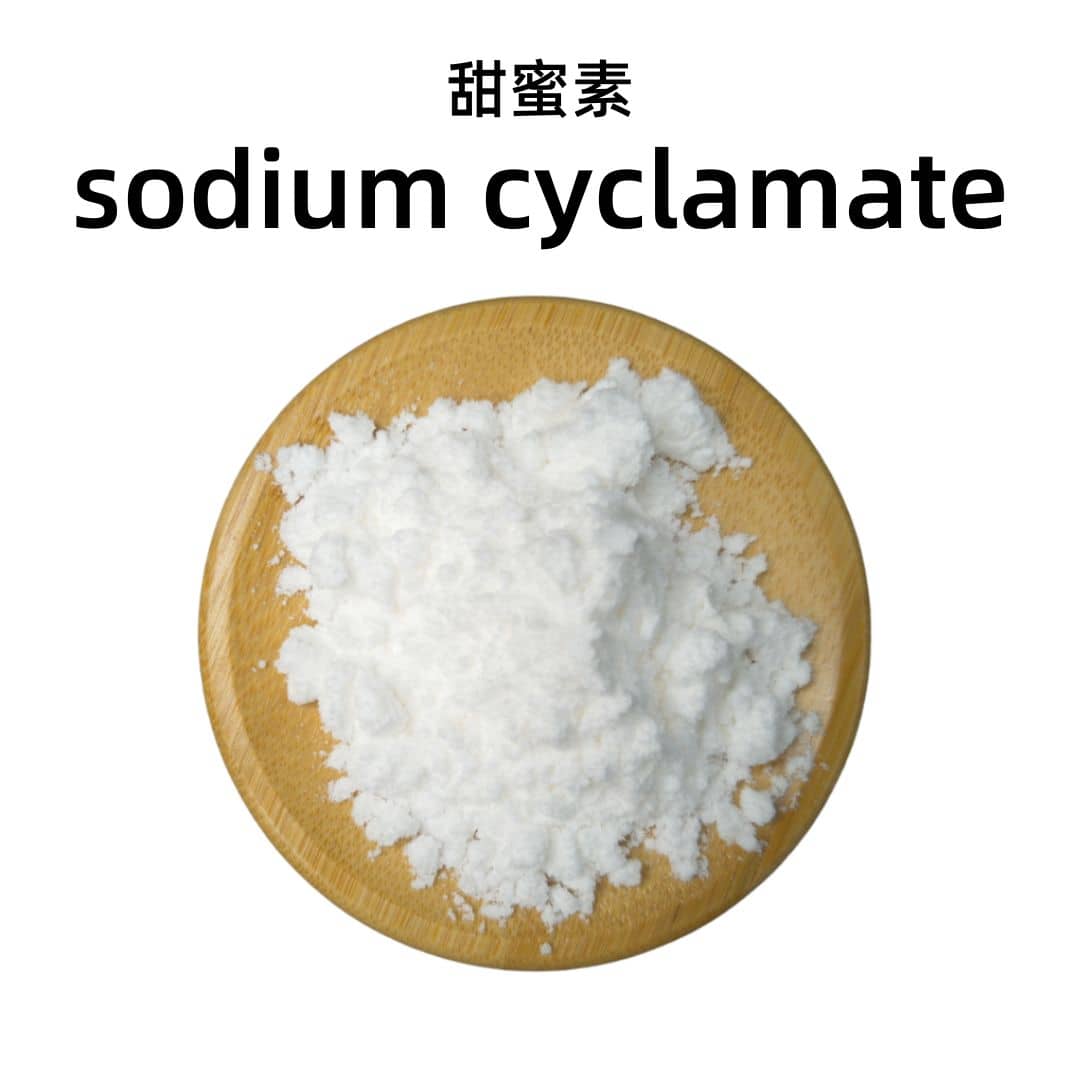Product Introduction
Maltitol syrup is a sugar substitute that is lower in calories compared to sucrose. It provides sweetness with a lower glycemic index, making it suitable for sugar-free and reduced-calorie products. This syrup is popular among individuals seeking to reduce sugar intake, such as those with diabetes or those following a low-carb diet.
Product Manufacturing Process
The manufacturing process of maltitol syrup involves hydrogenating maltose obtained from starch. The maltose is first extracted from cornstarch through enzymatic hydrolysis, then it undergoes a hydrogenation reaction in the presence of a catalyst. This process converts the maltose into maltitol, which is then purified and concentrated into syrup form.
Product Applications
Maltitol syrup is widely used in various applications, particularly in the food industry. It serves as a sweetening agent for sugar-free and low-calorie products like candies, chocolate bars, and baked goods. Additionally, it acts as a humectant, helping retain moisture in formulations, and can enhance texture and flavor. It is also utilized in some pharmaceutical products for its sweetening properties.
Packaging and Storage
Storage Conditions: Maltitol syrup should be stored in a sealed, lightproof container. It is essential to avoid high temperatures and to keep it in a dry, cool, and well-ventilated place.
Packaging Method: The syrup is typically packaged in bulk within 25kg cardboard drums, while sample sizes are available in 1kg aluminum foil bags. Custom packaging options can be provided upon request.
Shipping Method: Maltitol syrup can be shipped through various methods including FedEx, DHL, dedicated logistics, and sea freight consolidation.
Shelf Life: When stored correctly, maltitol syrup has a shelf life of about 2 years.
Monica Sun possesses extensive technical expertise and market insights in the food additives industry. She excels in designing efficient and safe additive formulations tailored to various food applications, ranging from sweeteners to functional dietary fibers. Monica has successfully assisted food manufacturers in optimizing ingredient combinations to enhance product quality and improve consumer satisfaction.









